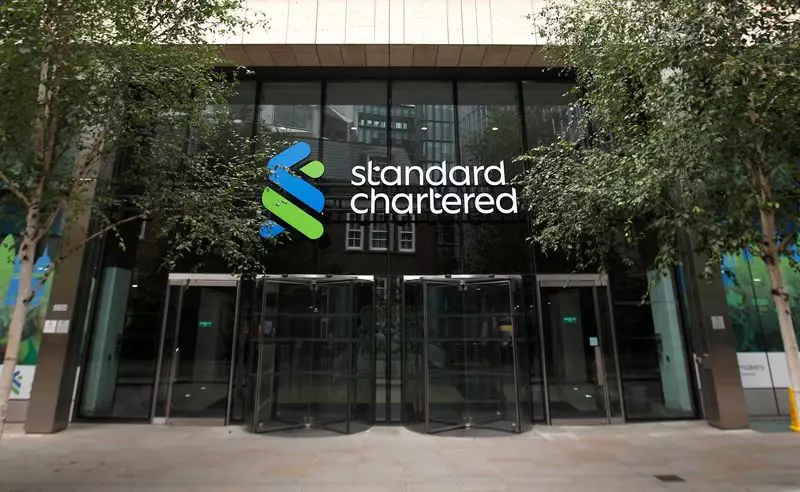In a significant regulatory move, the Securities and Exchange Commission (SEC) of Zambia has initiated sanctions against Standard Chartered Bank, stemming from the mis-selling of bonds linked to a beleaguered Chinese property developer. As the financial world watches closely, this incident highlights both the vulnerabilities in international banking practices and the evolving regulatory environment in Zambia. The case, which dates back to March 2022, exemplifies the broader issues arising from a precarious real estate market in Asia and piques interest in how large banks manage risk when engaging in emerging markets.
At the heart of the SEC’s findings are two key violations of Zambian securities regulations. First, the SEC determined that Standard Chartered failed to provide essential information concerning the bonds issued by Sino-Ocean, a state-supported Chinese property company that has since defaulted. The bonds were marketed without adequate disclosures about the inherent risks, leaving local investors—whose financial acumen may vary—vulnerable to significant losses as the bonds neared worthlessness after their default.
In addition to this lack of transparency regarding the bonds, the SEC criticized the bank’s use of “exclusionary” contract clauses. These clauses largely absolved Standard Chartered of liability while placing all risk responsibility on clients. Such practices not only violated Zambian securities rules but also raised ethical questions regarding the bank’s responsibility to its clients, further intensifying scrutiny on its operational integrity in the region.
In a public statement following the SEC’s actions, Standard Chartered acknowledged the commission’s findings yet expressed its intention to appeal. The bank emphasized its commitment to compliance with local regulations, indicating an awareness of the potential repercussions in terms of reputation and operations. Given the 30-day period allocated for appealing the SEC’s decision, the outcome could have lasting implications for how Standard Chartered operates in Zambia—a market it has been a part of for over a century.
The bank’s current strategy to divest its wealth and retail operations in Zambia and neighboring countries such as Botswana and Uganda underscores a shift in focus, as it seeks to streamline operations across Africa. This operational contraction, alongside the regulatory investigations, raises questions about the future of large financial institutions in emerging markets, particularly in settings with complex regulatory environments.
The developments surrounding Standard Chartered are symptomatic of larger trends within the global financial and banking sector. Regulatory bodies are becoming increasingly vigilant, particularly in regions with growing investment from foreign banks. This vigilance is crucial for safeguarding local investors, but it also poses risks for international banks that may have previously operated under looser regulatory frameworks.
The actions taken by Zambia’s SEC against Standard Chartered are not only a response to specific regulatory breaches but also indicative of an evolving landscape where local compliance and client protection are prioritized. As the loans and investments from foreign entities become more integrated within local markets, the challenge for these institutions lies in balancing risk with responsible client engagement. The outcome of this case will likely reverberate beyond Zambia, serving as a cautionary tale for financial institutions navigating the complexities of international markets.

